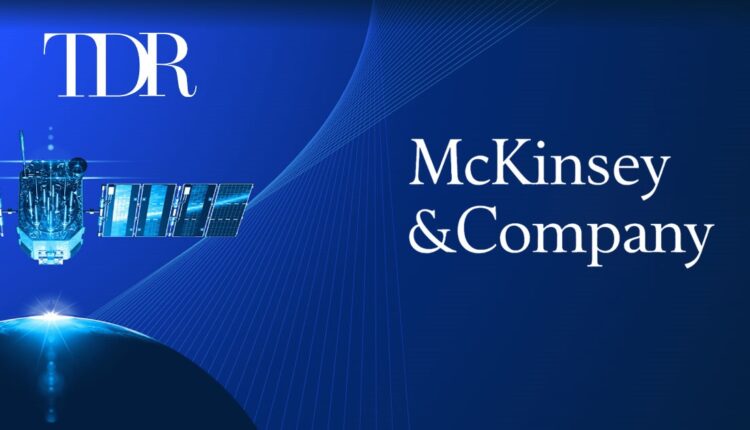
McKinsey Report: AI and Job Market Changes by 2030
The TDR Three Key Takeaways regarding McKinsey and AI Impact on the Job Market:
- McKinsey’s AI report reveals major shifts in job roles and sectors by 2030.
- McKinsey emphasizes the need for reskilling due to changes in the AI job market.
- McKinsey predicts that geographical job distribution will shift with AI adoption.
McKinsey & Company (MCK) has released a report highlighting the profound impacts of AI on the job market by 2030. McKinsey predicts that artificial intelligence will lead to significant shifts across various sectors, influencing both job creation and displacement.
The McKinsey report emphasizes that AI will not only change how tasks are performed but will also redefine roles within many industries. According to the study, sectors like STEM (science, technology, engineering, and mathematics) are expected to see substantial growth in AI integration. The report suggests that by leveraging AI technology in jobs, companies can achieve greater efficiency and innovation.
One of the key insights from McKinsey’s AI predictions is the potential for AI to create new job opportunities even as it automates others. For example, roles that involve repetitive tasks are likely to be automated, but this shift will open up new positions in AI development, data analysis, and cybersecurity. The report reported by IndiaToday highlights that the AI job market impact will be most pronounced in sectors that are currently under digital transformation.
McKinsey also points out the need for a proactive approach to managing this transition. As AI technology in jobs continues to evolve, there will be an increasing demand for reskilling and upskilling the workforce. Educational institutions and companies must collaborate to ensure that employees are equipped with the necessary skills to thrive in an AI-driven economy.
Furthermore, McKinsey’s AI predictions suggest that the impact of AI will not be uniform across all job sectors. Industries such as healthcare, finance, and manufacturing are likely to experience varied levels of AI adoption and its consequent effects on employment. The healthcare sector, for instance, could see a surge in demand for AI specialists to develop diagnostic tools and treatment plans, while manufacturing might benefit from increased automation and efficiency.
In addition to the shifts within specific industries, the geographical distribution of jobs could also change. Regions with strong AI research and development ecosystems might attract more investment and talent, leading to economic growth in these areas. Conversely, regions that lag in AI adoption could face challenges unless they implement strategic measures to catch up.
The McKinsey report underscores the importance of policy interventions to mitigate potential negative effects on employment. Policymakers are encouraged to create supportive environments for AI innovation while ensuring social safety nets for those whose jobs may be displaced. This balanced approach can help maximize the benefits of AI while minimizing its downsides. Want to be updated on all things Psychedelic, Cannabis, AI, and Crypto? Subscribe to our Daily Baked in Newsletter!



